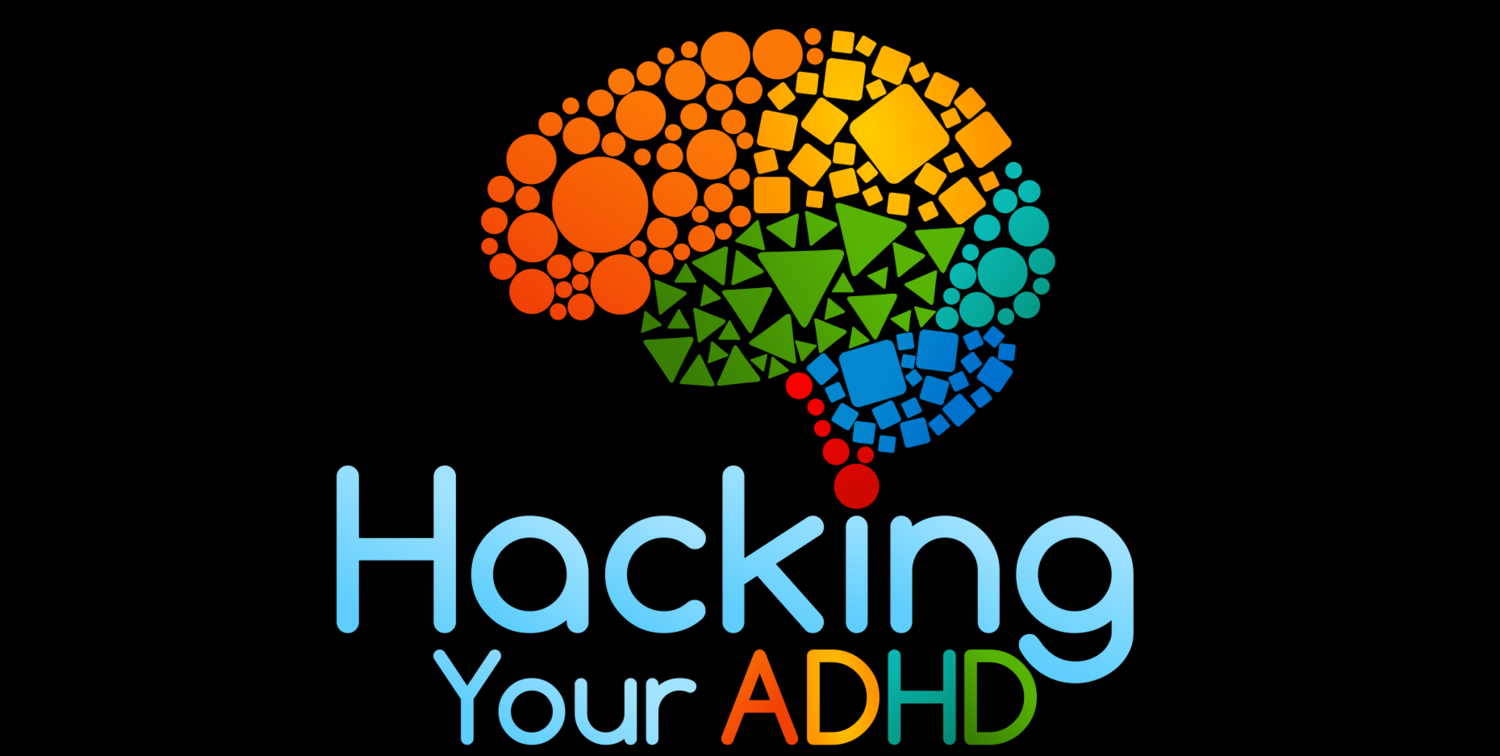Timing Your Day
ADHD can make it very hard for us to accurately tell what time it is now, how much time is left, and how quickly time is passing. This is referred to as time blindness and it creates a host of issues for those of us with ADHD. When you are unable to accurately tell what time it is, you are going to be late. When you don't know how long something is going to take, you are either going to take too long to finish or finish well before you predicted.
When we are unable to accurately gauge how much time has passed we often are going to be late and when it comes to time predictions we often find ourselves woefully inaccurate, either predicting we can finish a task in no time at all or deciding a task is going to take way more time than it actually will. Our brains are great at confusing large and small tasks, making us think that doing the dishes will take an hour while figuring we can type out that ten-page paper in the same hour.
We can work on our time blindness by making predictions of how long a task will take and then taking accurate measurements of how long it actually takes to do. As we do this more often and learn how long things actually take we create time wisdom.
Often we will find ourselves falling to time blindness because of the invisible parts of a task. One common example is parking. If we have a 2:00 PM appointment and it takes 30 minutes to arrive at our destination we can't just allot 30 minutes for the drive. Once we arrive we still have to find parking and go into the building - both of those tasks take time that is usually unaccounted for.
One of the causes of these invisible parts is because we tend not to acknowledge that a task is built up of three parts - set up, the doing of the task, and clean up. In the going to an appointment example, getting ready to go and getting in the car could be considered the set up, driving to the appointment the doing part, and the parking and going into the building is the clean up.
When you start timing yourself you need to get an actual timer that counts up like a stopwatch so that you can create accurate time measurements. Once you have your timer create reminders about what you want to time and also reminders to turn off your timer once you've finished the task.
Also remember that you don't need to judge yourself if you aren't hitting your time predictions. This is called time blindness, which means we have trouble seeing time, so sometimes our time predictions are going to be fairly inaccurate. Timing yourself is about helping you correct your bad predictions and creating time wisdom, not about telling yourself you should be doing things faster.
If this sounds like something that you need to do check out the full episode.
This Episode's Top Tips:
1. Get yourself a timer, you don't need anything fancy, but try and find something that isn't your phone and that counts up.
2. Tasks are made up of three parts: the set up, the doing, and the clean up.
3. When you are timing yourself make predictions on how long your tasks are going to take - accurately predicting time is a skill and the more you practice the better you will get.
Tools Mentioned in this episode
Timers (non-affiliate link)
If you need an example of what the Time Prediction page should look like check it out here.




